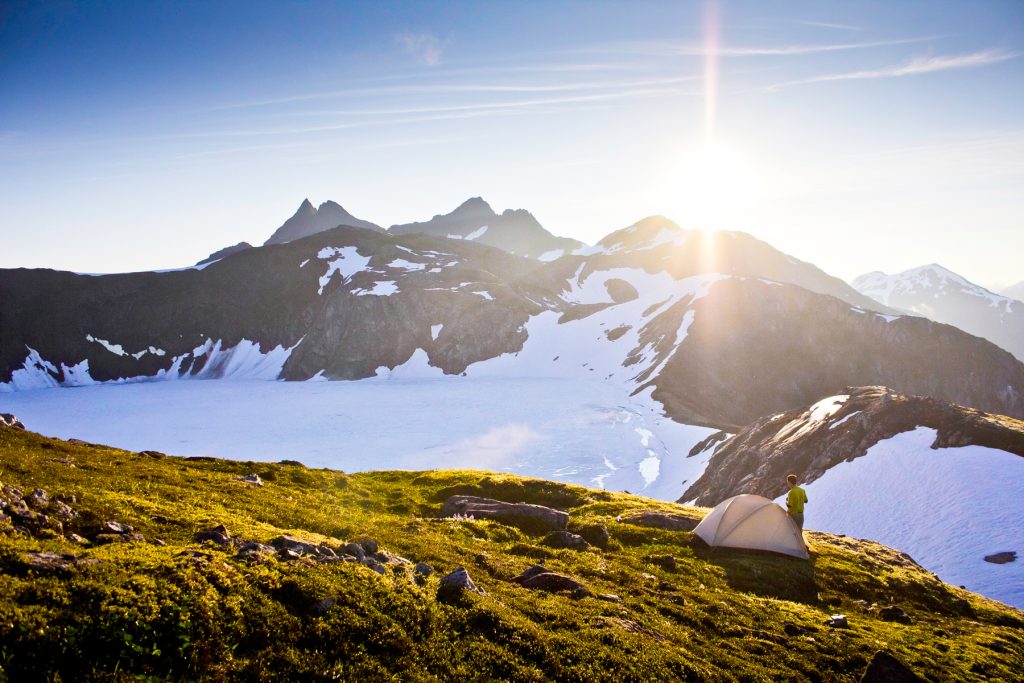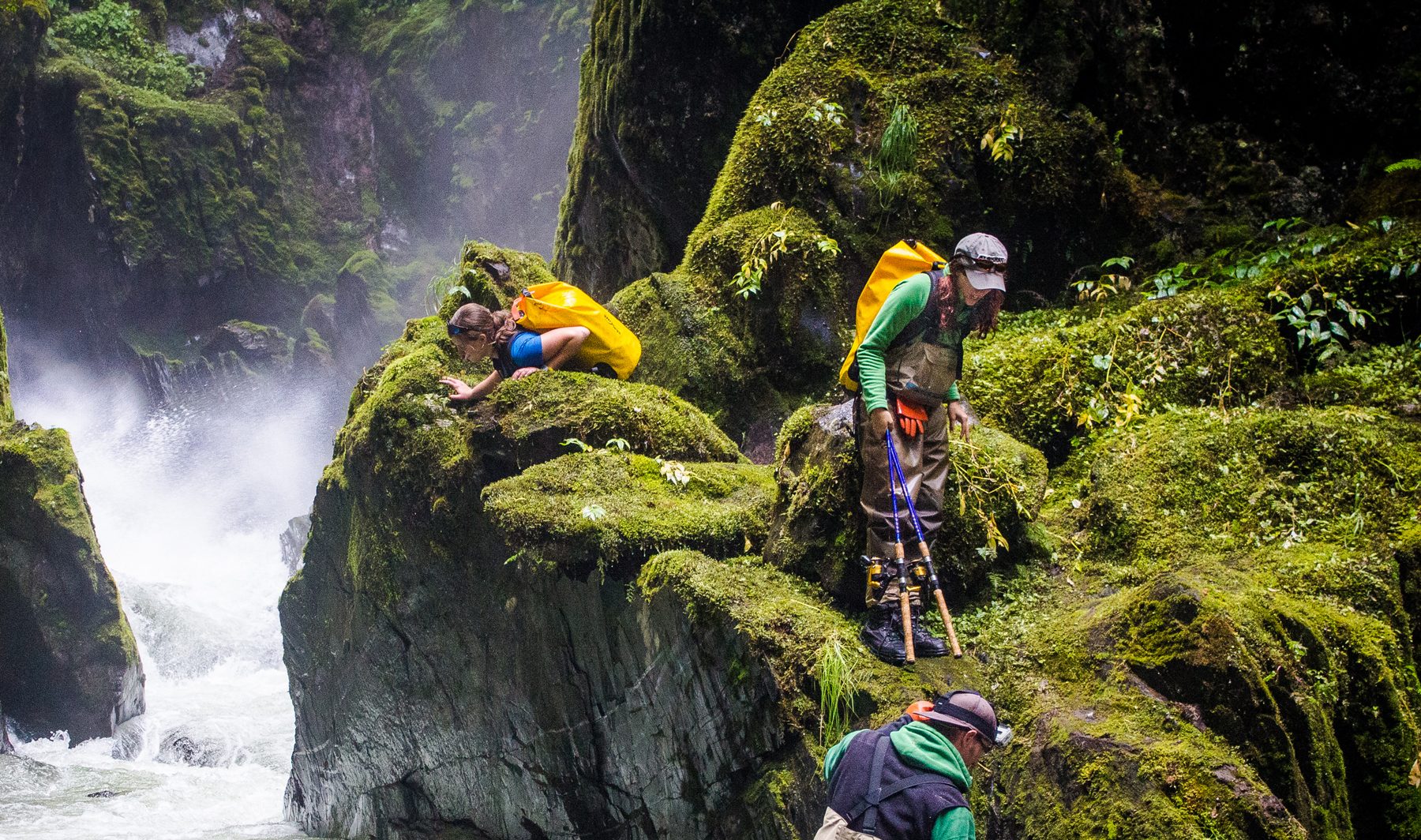What is a field station?
“Field stations provide the best connection between a growing population and the wonders
and mysteries of the natural environment.”
Marcia McNutt
Field Stations provide living libraries and outdoor laboratories for students, researchers, and the general public interested in the environment. They vary greatly in form, size, location and purpose and are spread across the entire country, but they all share the same commitment to advancing our understanding of the planet by supporting research, teaching, and education. They also vary in sophistication in infrastructure and distance from population centers. For example, a field station may be a rustic shelter with a gated or fenced in nature reserve, or a refined laboratory with modern research equipment, vessels, residential housing and conference space. On both ends of the spectrum, they provide environments to observe the natural world. Field Stations are invaluable resources for local communities and the country by providing unbiased scientific information, people and facilities to help a diversity of people tackle critical environmental issues. Studies have demonstrated that field stations play a key role in getting students enthusiastic about studying science, technology, engineering and math (STEM) disciplines. They are a place where researchers can conduct scientific work and they can be a touchstone for public discourse on scientific issues.
The Sitka Sound Science Center is a field station
Our model is that we are a platform for researchers from any academic, governmental agency or other affiliation to conduct scientific studies and participate with our education and community engagement programs. We are also a platform to engage our community in scientific thinking and ideas. We are a science educational hub and resource for our community and the region. SSSC is a proud and active member of the National Association of Marine Laboratories and Organization of Biological Field Stations which together represent about 450 field stations in North America. There are about 900 field stations across the world.

“Sitka Sound Science Center is far more than a classroom and a laboratory, it’s a pathway to understanding Sitka’s unique ecology and geology, and to becoming a part of its wonderful community. The people and the resources of the Sitka Sound Science Center are second to none. Everything they do for field courses, from the learning to the logistics, will help deepen your students’ understanding and relationship to the ecology and community of Southeast Alaska.”
Aaron Strong, Stanford Sophomore College Field Course Instructor
